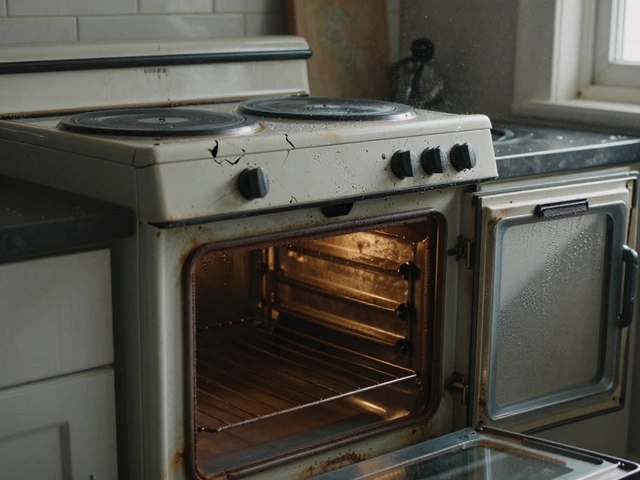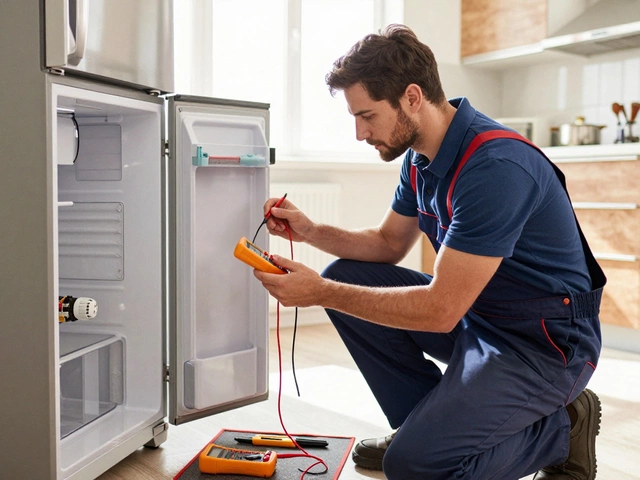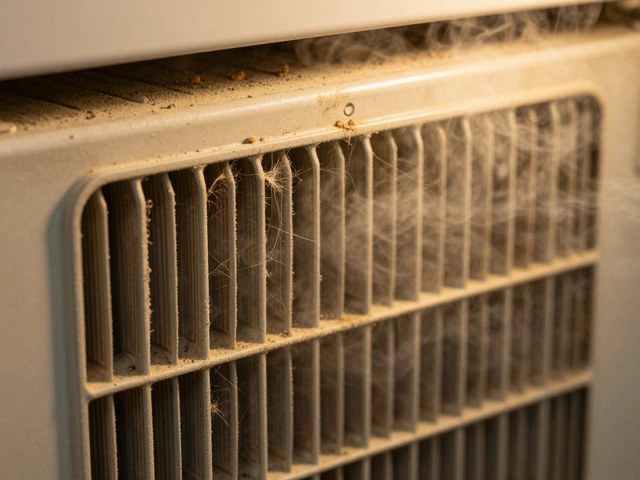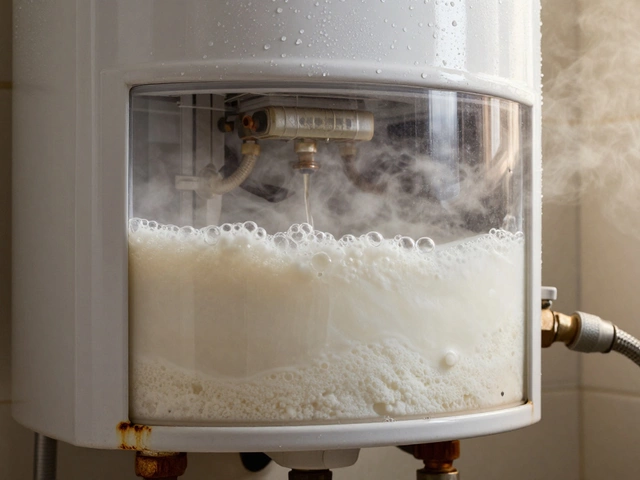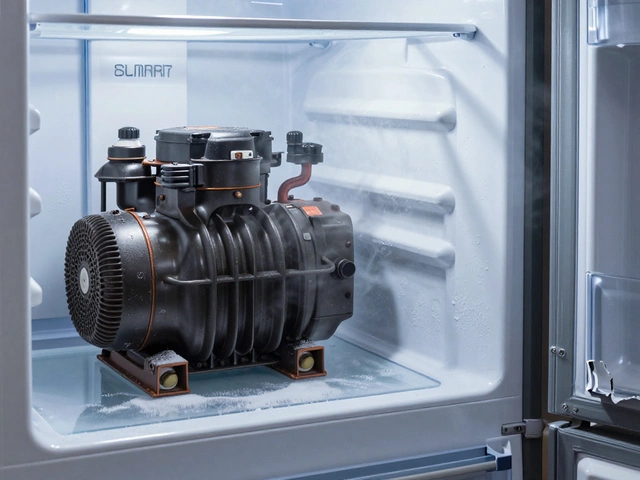Kitchen Appliance Maintenance Made Easy
Got a kitchen that feels more like a broken‑down garage? Most of the time you’re just missing a few quick chores that keep appliances humming. Below are the everyday steps that stop small annoyances from turning into costly repairs.
Clean, Check, and Keep the Door Seals Tight
Start with the fridge. Wipe the exterior and interior shelves with a mild cleaner every month. A sticky spill can turn into a nasty smell that makes the compressor work harder. Next, pull the fridge away from the wall and vacuum the vent coils – dust is the #1 culprit for high energy bills. Don’t forget the door gaskets; run a finger around them. If you feel resistance, clean the rubber with warm soapy water and test the seal by closing the door on a dollar bill. If the bill slides out easily, it’s time for a new seal.
The same logic applies to ovens and microwaves. After each big cooking session, wipe spills before they bake onto the surface. For electric ovens, run the self‑clean cycle only when needed – it uses a lot of power and can stress the heating element.
Keep the Dishwasher and Washing Machine Happy
Dishwashers love a clean filter. Pop the bottom rack, pull out the filter housing, and rinse any food bits under running water. A clogged filter means water can’t drain, leading to those dreaded “not draining” faults. Also, run a hot‑water cycle with a cup of white vinegar once a month to kill limescale and eliminate odours.
Washing machines need a little love too. Leave the door ajar after each load so the drum dries out – this prevents mould and the funky smell that can spread to clothes. Run an empty hot wash with two cups of vinegar or a commercial drum cleaner every few weeks. Check the hose connections for any signs of wear; a tiny leak can become a flood overnight.
Don’t overlook extractor fans above your stove. Grease builds up on the blades and motor, causing the fan to stall. Turn off the power, remove the cover and clean the blades with warm soapy water. If the motor makes a whining noise after cleaning, it may need a professional look.
Finally, schedule a professional maintenance visit at least once a year. A qualified tech can check pressure valves, electrical connections and refrigerant levels that you can’t see. It’s a small cost compared to an emergency breakdown.
Stick to these quick habits – a few minutes each week, a monthly deep clean, and an annual service – and your kitchen appliances will stay reliable, quiet, and energy‑efficient for years to come.
Is It Worth Repairing a 7 Year Old Oven? Cost, Lifespan & Expert Advice
- Alden Wilder
- Jul 24 2025
- 0 Comments
Thinking about repairing your 7-year-old oven? Learn about oven lifespan, repair costs, reliability, and when it’s smarter to replace rather than fix. Honest advice for homeowners.
View More
